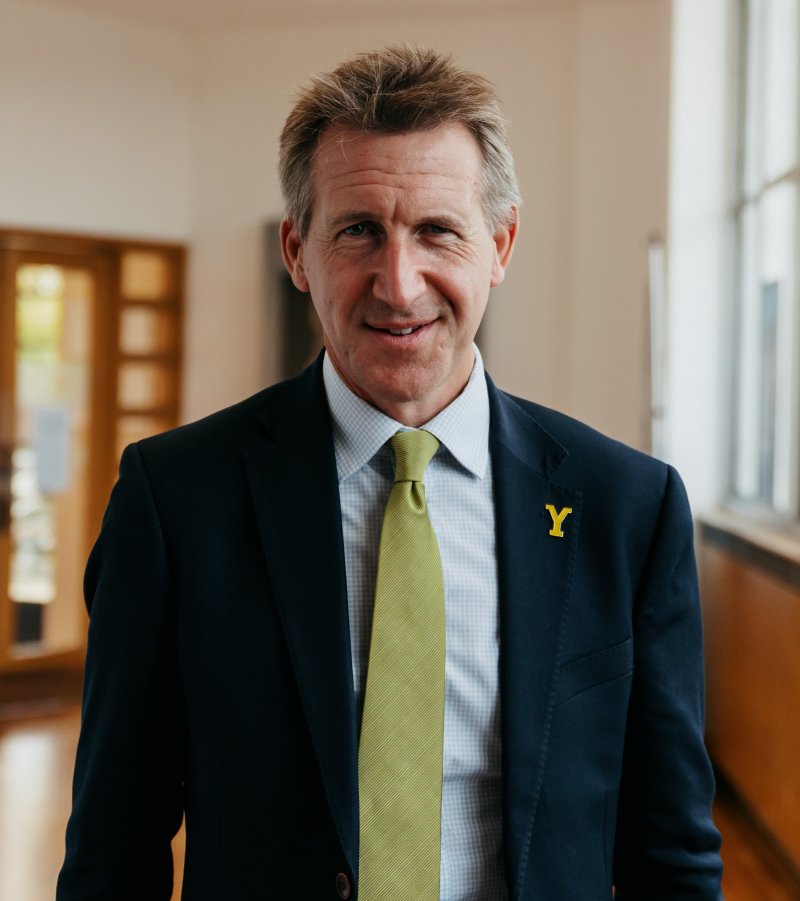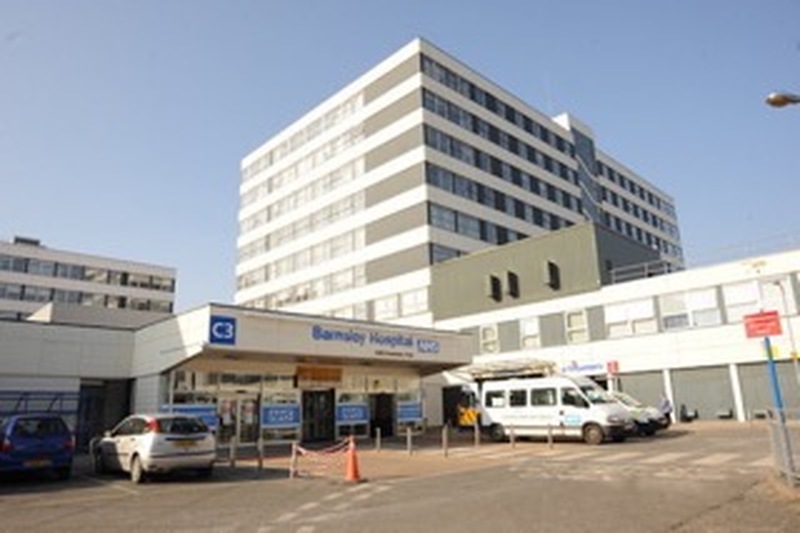THE number of people being referred to Barnsley Hospital with oral cancer has been increasing year-on-year - and last year’s figures are more than double that of 2017.
A Freedom of Information request has revealed that in 2023 at total of 405 oral cancer referrals were made to the hospital’s trust.
February saw the highest number of referrals when 49 people were diagnosed, whilst June and March also had 40 or more.
In comparison, there were just 164 referrals in 2017, the earliest comparable figures available - meaning there has been a 147 per cent increase in that time frame.
The figures have also been rising year-on-year with 217 in 2018, 310 in 2019, 327 in 2021, and 367 in 2022 - with the anomaly being 2020 at the height of the Covid-19 pandemic.
In the first six months of the year there has been a total of 171 referrals made to the trust.
A spokesperson for Barnsley Hospital told the Chronicle: “Across the trust we continue to see increases in referrals to all cancer specialists, which illustrates the pressure on capacity for clinics and diagnostic services.
“Research shows that oral cancer is linked to smoking, excessive alcohol consumption and not eating enough fruit and vegetables, whilst some health campaign groups have also said that poor oral health is a factor is rising oral cancer rates.”
The figures come after new data suggested that a fifth of people in South Yorkshire struggled to get an appointment with an NHS dentist.
The NHS GP Patient Survey found 19 per cent of 11,888 respondents in the area were unsuccessful when they tried to book an appointment with an NHS dentist in the last two years.
Of those, seven per cent said no appointments were available, while nine per cent were told the dentist wasn’t taking any new patients.
Louise Ansari, chief executive at Healthwatch England, said more fundamental reforms are needed, to give everyone a right to register with a local NHS dentist, in the same way as they can with a GP.
She said: “At the moment, dentists are not obliged to keep patients on permanently, which affects continuity of care, while the payment model for dentists does not incentivise them to offer fully preventative care to patients.”
Areas with higher proportions of patients not being able to secure a dental check-up also saw higher levels of dissatisfaction with the services provided.
Of those who visited a dentist in South Yorkshire in the last two years, 15 per cent found the experience to be fairly or very poor.
In South Yorkshire, 20 per cent of 6,045 respondents who have not tried accessing dental care in the last two years said they had not thought they could get an appointment.
The British Dental Association (BDA) said for millions accessing NHS dentistry ‘is just a nice idea rather that a reality they can depend on’.
Eddie Crouch, chair of the BDA, added: “We’re still seeing sights like ‘DIY’ dentistry that belong in the Victorian era.
“None of these horrors are inevitable, and the new government can turn the page.
“Over a decade of underfunding and failed contracts has brought us here.
“A problem made in Westminster can be fixed in Westminster.”



























